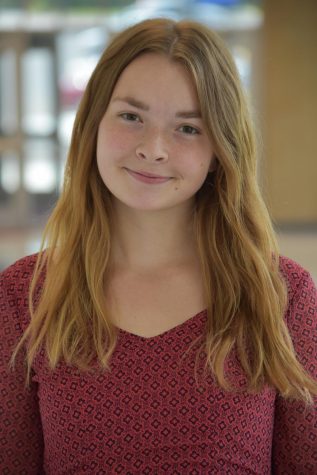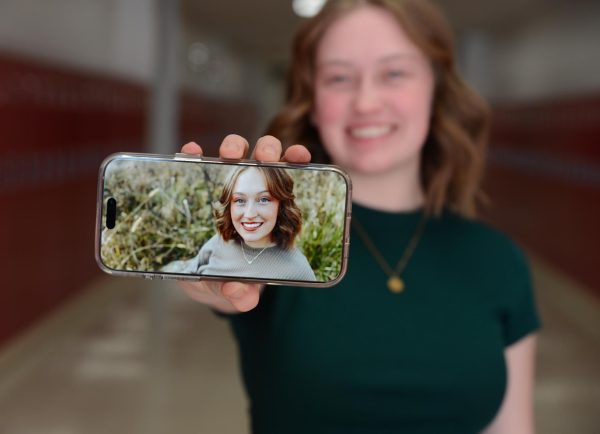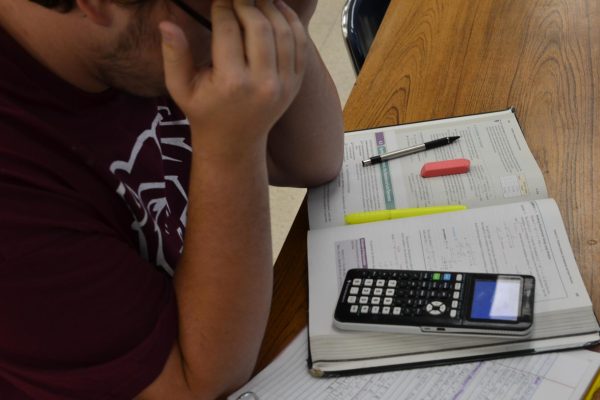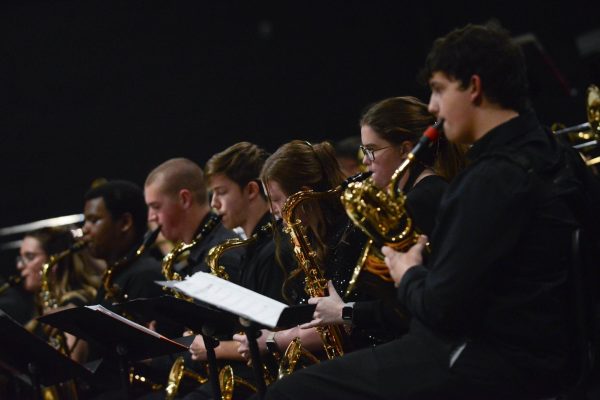Being Muslim in Rolla
Muslims in the United States are a racially and ethnically diverse group—and a growing one, despite a recent rise in anti-Muslim hostility. They have found a home in communities large and small all across the country, including Rolla, Missouri. Muslims have become a vibrant and increasingly visible thread in the tapestry of perspectives that is Rolla. Although Rolla’s Muslim population is uniquely its own in faith and tradition, Muslims are a part of the community not so different from the rest.
The hub of Islamic activity is found at mosques, or masjids, which are centers for Islamic worship. Because the Islamic religion emphasizes community, mosques are highly influential in uniting their members and play a large role in their communities. Rolla contains two separate Mosques including the Fadak Islamic Center and the Islamic Center of Rolla. The Islamic Center of Rolla is the larger of the two and is located on the campus of Missouri University of Science and Technology.
The mosque’s membership is most closely tied to the international community of MS&T, including biology student Dalal Abduljaleel.
“It’s a really peaceful place here. I come here almost every day. We have five prayers every day, and I have to pray them at specific times, and some of them happen when I have classes. So I just come here, and I pray and read the Quran. I love the community here. So it’s just a great chance to get together,” Abduljaleel said.
Abduljaleel spent her childhood in Iraq, but when conflicts forced her family to leave they applied for immigration into the United States. Abduljaleel then attended middle and high school in St. Louis before coming to MS&T two and a half years ago. Since coming to America, Abduljaleel has become even more attracted to her religion.
“It’s just an interesting idea of why did we come to life? Why are we here? Where do these people that die go? I think there is a purpose and everybody should work on finding what that purpose is,” Abduljaleel said.
These core questions remain at the basis of every religion, including Islam. However, many outsiders remain ignorant as to their answers. Many people find themselves asking, ‘what does it mean to be Muslim?’
Abdu Imqam, a member of the Islamic Center of Rolla, answered this question and explained the foundations of the Islamic faith. Imqam originally moved to Rolla from Libya in order to teach at S&T, and is currently volunteering as one of the leaders of the Mosque.
“The foundation is anyone who believes in one God, they are Muslim. For example, us and Christianity are very very close and Jewish. All three we believe that Allah (God), he’s the one who created the earth, the sky, everything. But here’s the difference, Muslims believe that Jesus is a prophet. We don’t believe that Jesus is God himself or son of god,” Imqam said.
Islam originated after Christianity in the holy city of Mecca, modern day Saudi Arabia, in the approximate year of 570 A.D. It was then that the prophet Mohammed was born who is believed to be the last in line of a series of prophets and was the first to spread the practice of Islam.
“Islam, in English, means peace. You aren’t Muslim if you don’t believe the things for your friend like the things that you love to yourself. Islam is the religion that can show you the very good things that you should follow until you die. Mercy, forgiveness, respect, all of this comes from Islam,” Imqam said.
The core beliefs and practices of Islam are depicted in the sacred texts of the Quran, which is viewed as the direct word of Allah. The Quran depicts the “five pillars” of Islam. These pillars include faith in one God, daily prayer, charity, fasting during Ramadan, and a pilgrimage to Mecca.
Rolla High School has a proportionally large Muslim population. These are everyday students who are involved in school activities and bring a positive presence within the High School. Such students include soccer player Mostafa Elgawady, who just like any other teenager enjoys video games and spending time with friends, or freshman Maram Lemnifi. Lemnifi is a member of the debate club, math club, and robotics, and also attends the Islamic Center of Rolla mosque.
“The Islamic religion, for a lot of people that follow Islam, is a really important part of everyday life. My religion helps guide me through life, and that’s the main thing,” Lemnifi said.
Although many students actively practice a religion, there remains a lack of understanding between certain groups. Students obtain less information in regards to minority religions, such as Islam, which leads to misunderstanding and even hate crimes.
“It’s definitely misunderstood, especially with what’s on the news and media and some people just have a different view than they should. They think of it differently and just base everything on what they see on the news and media,” Lemnifi said.
The issues caused by the misrepresentation of Muslim culture can have far-reaching effects. Negative stigmas, subtle as they may be, affect Muslims at all levels in many different ways. This list includes Rolla’s students.
“Just because I’m wearing [a headscarf] doesn’t mean I’m different than any other kid. I basically act the same and do everything else the same. We are normal people. I wish people just knew that we were regular people and just because I’m wearing this doesn’t mean I’m different,” Lemnifi said.
Dalal Abduljaleel, the MS&T student who attends the Rolla mosque, has found a purpose in breaking negative Islamic stereotypes. The most extreme of such stereotypes is the notion of terrorism being embedded in the Islamic faith. This stereotype has been constructed through misguided messages regarding conflict in the Middle East, specifically of the terrorist group Isis.
“The way I see Islam, or religion in general, is as a perfect thing. But the human is not a perfect thing,” Abduljaleel said. “We shouldn’t judge the religion that is perfect by the imperfect actions of people.”
Abduljaleel and other interviewees advocated that people not judge Islam by the actions of misrepresentative minorities, such as terror groups. Instead, they insisted that the true face of Islam can be found right here in Rolla.
“I think I was brought here to make some kind of difference in life, a good difference, a positive difference. That gives me a chance to actually show people that there are good Muslims who are really nice. They smile and they laugh all the time and they’re very positive people,” Abduljaleel said.
This mindset represents the general mindset of the entire Islamic community of Rolla. They wish to continue being an inclusive part of the area while sharing their experiences with others.
“We are very open to {talking} to anyone. We are one community. We are part of your community and we are opening our arms and opening our hearts and our doors. So please come here and you are more than welcome, and all the people here are very happy to talk to you,” Imqam said.

Hello! I’m Lauren and I’m super excited for my first year in Echo. I’m a junior this year, and I’m involved in band, debate, eco club (you all...







